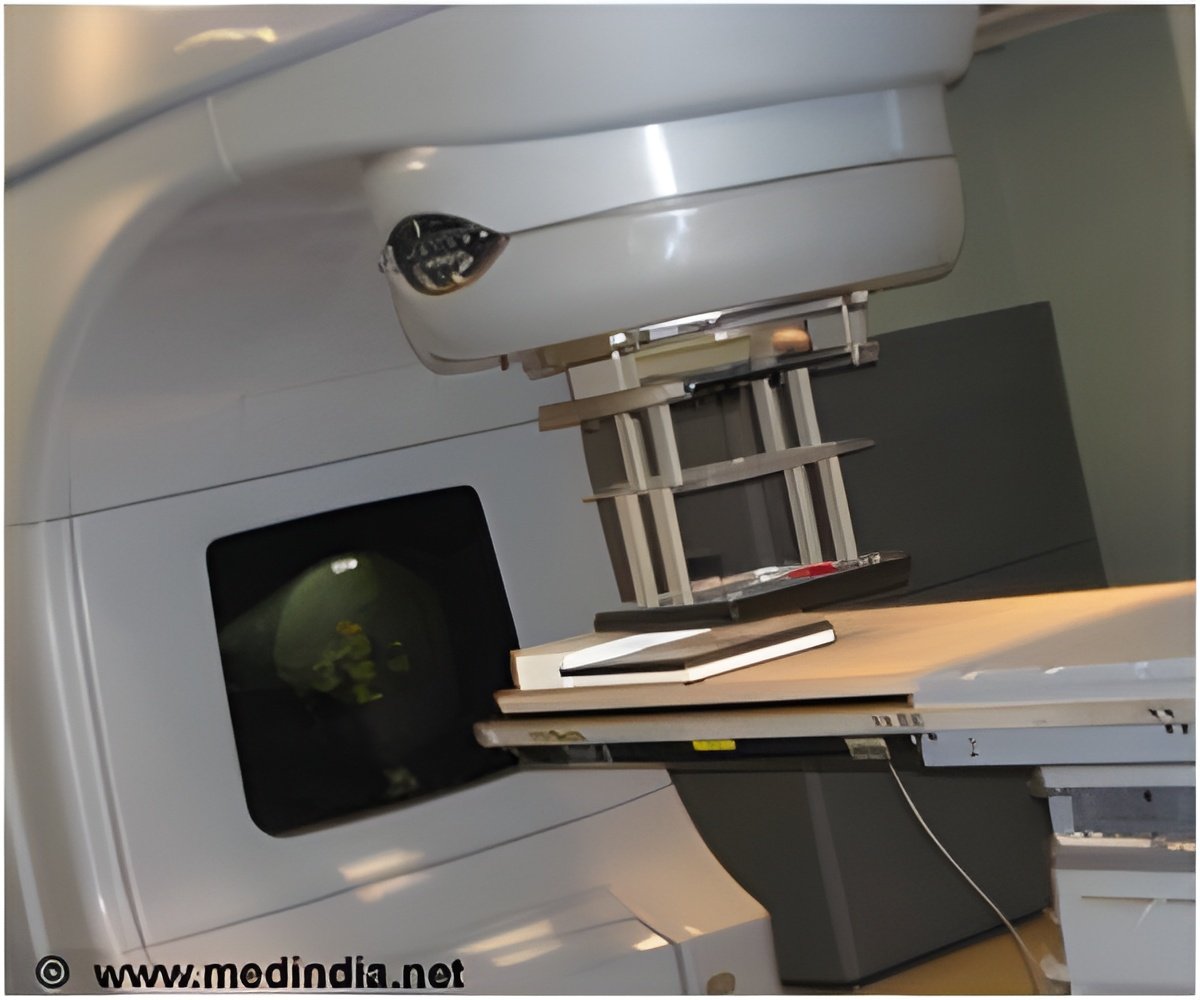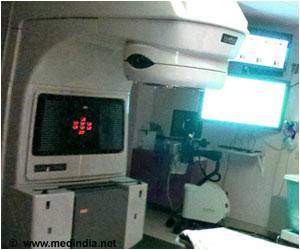
Surgery and radiation have been the traditional treatments for head and neck cancer, but with the advent of improved and targeted chemotherapy, many types of this disease are treated with chemotherapy and radiation, (chemoradiation) in the hope of preserving the tissue and structure. But, even when tissue and structure are preserved, patients do not always retain their ability to swallow naturally and normally.
Most patients who receive chemoradiation have significant side effects during treatment and for a long time after recovery. Difficulty swallowing (dysphagia) is one of the most common unwanted side effects of radiation and chemoradiation, and is one of the main predictors of diminished quality of life for the patient after treatment.
Wang's study was designed to evaluate the swallow preservation protocol, in which patients had swallow therapy before, during and after radiation treatment. The protocol's effectiveness was measured by patients' continued ability to swallow and how that affected their diets, whether they needed a feeding tube, and whether they developed narrowing of the throat (stenosis). The same attributes were also measured for a group of patients who were not compliant with the protocol.
Study participants received assessments of their swallowing ability by Wang's team two weeks before their treatment, were taught what side effects they could expect from the treatment and were given an introduction to the swallowing exercise program. The exercises were designed to maintain the range of motion of mouth and neck muscles involved in swallowing and to counter the formation of excess tissue caused by the radiation (radiation fibrosis), which contributes to loss of swallowing ability. Compliance to the protocol was self-reported by patients during weekly visits to UCLA.
Among 85 participants, 57 were deemed compliant with the protocol and 28 were non-compliant. Patients' ages ranged from 22 to 91, and there were more 66 men and 19 women.
Advertisement
"Our results demonstrate that compliance with swallow therapy during radiation or chemoradiation treatment is beneficial to patients' retaining their ability to swallow after treatment is over," Wang said. "The real benefit of this compliance is that patients benefit immediately after treatment and for a prolonged time afterward. Attending our weekly program, fully committing to the exercises and being monitored by our staff appears to have a significantly measurable effect for these patients."
Advertisement














